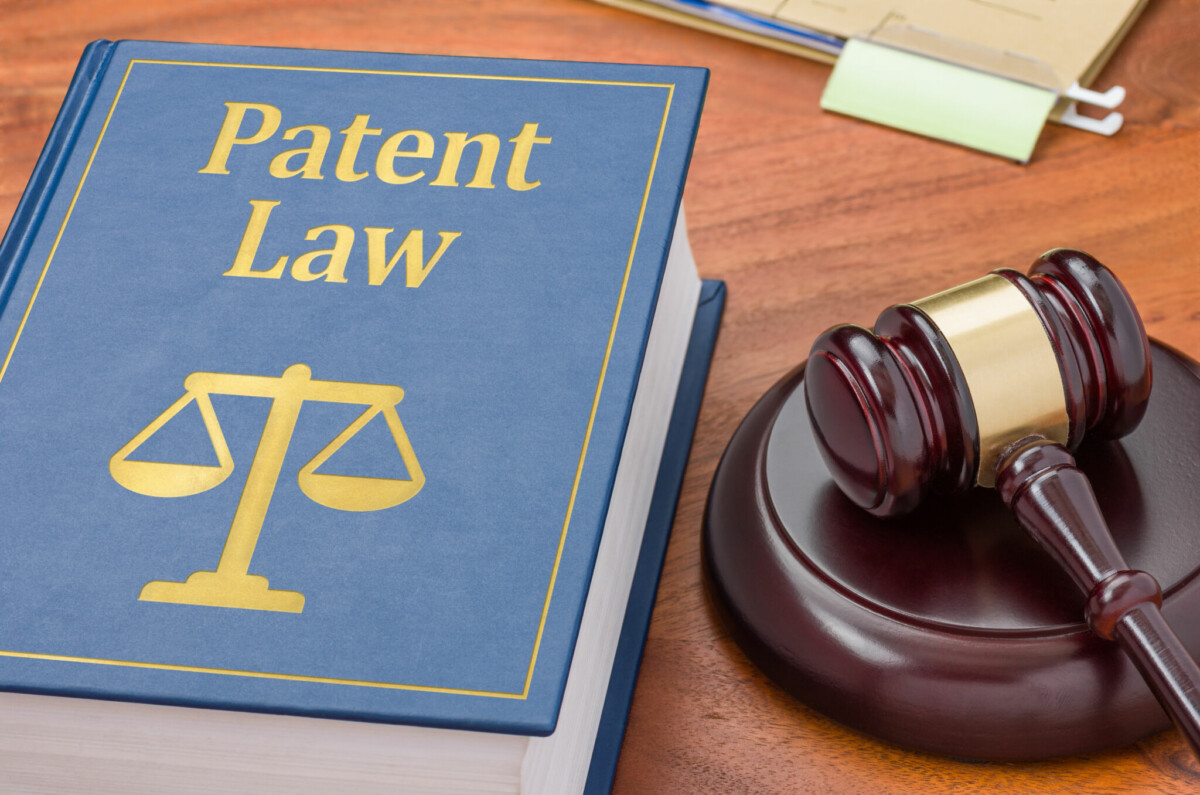
04 Oct Patent Attorney: Get Legal Protection for Your Inventions
Having a patent attorney on your side is essential, someone who can help you navigate the legal landscape and protect your rights. A patent attorney can also help you choose the right type of patent for your invention, and she can provide invaluable guidance during the patent application process. And when it comes to inventing something new, the last thing you want is for someone to steal your idea.
In addition, a patent attorney can represent you in court if someone infringes on your patent. So if you’re looking for legal protection for your invention, be sure to consult with a patent attorney.
What is a Patent Infringement?

A patent infringement is when someone makes, uses, or sells a patent without the patent owner’s permission. This can happen even if the person didn’t know they were infringing on a patent. Infringing on a patent can lead to a lawsuit from the patent owner. If the patent owner wins, they can get an injunction against the infringer, meaning the infringer has to stop their infringing activity. The patent owner can also get damages from the infringer. You should talk to a patent attorney to help you understand your options if you’re accused of infringing on a patent.
Patent Agent Vs. Patent Attorney
What is a patent attorney? Searching for a patent attorney meaning? This article is for you. A patent attorney is a lawyer who specializes in patent law. A patent agent, on the other hand, is a person who is qualified to represent inventors in patent matters before the USPTO. Patent agents are not attorneys, but they are allowed to represent inventors in patent prosecution. To become a patent agent, an individual must pass the Patent Bar Exam.
Patent attorneys typically have a law degree and have passed the bar exam. In addition, many patent attorneys have an undergraduate or graduate degree in engineering or another science-related field. A patent lawyer’s job is to use their scientific and legal knowledge to help clients obtain patents for their inventions. They also provide advice on patent infringement and other intellectual property matters.
So, what’s the difference between a patent agent and a patent attorney? A patent attorney is a lawyer who has gone to law school and passed the bar exam. A patent agent has passed the Patent Bar Exam but is not a lawyer. Both are invention lawyers representing inventors in patent prosecution before the USPTO. However, only patent attorneys can give legal advice on intellectual property matters such as patent infringement.
How Important is Patent Law
Patent law is an important area of intellectual property law that deals with the legal protection of inventions. A patent is a set of exclusive rights granted by a sovereign state to an inventor or assignee for a limited time in exchange for detailed public disclosure of an invention. An invention is a solution to a specific technological problem and is a product or a process. Patent law covers both how patents are obtained and how they are enforced. Patentability is the requirement that an invention must be novel, non-obvious, and usable to be patentable. The term “non-obvious” means that the invention would not have been obvious to someone skilled in the art at the time of the invention. An inventor must file a patent application with a patent office to obtain a patent. A patent office drafts and publishes patentability opinions, which are binding on the office but not on the courts.
What are the Common Questions About Patent Law?
Here are some common questions about patent law:
- What is a patent?
A patent is a grant of property rights to an inventor by a government. The scope of the property right varies from country to country. Still, it typically includes the exclusive right to make, use, and sell the invention for 20 years from the date of filing the patent application.
- What does a patent attorney do?
A patent attorney is a lawyer who specializes in intellectual property, which includes patents. A patent attorney can help you file a patent application, prosecute your patent, and enforce your patent rights.
- What can be patented?
To be patented, an invention must be new, useful, and non-obvious.
- How do I get a patent?
A patent can be obtained by filing a patent application with the United States Patent and Trademark Office (USPTO).
- Can I file a patent application myself?
Yes, you can file a patent application yourself, but it is recommended that you hire a patent lawyer or agent to help you with the process.
The Difference Between Patent Litigation and Patent Prosecution
Here is a brief overview of these two types of patent law.
Patent litigation is the legal process used to resolve patent disputes. This can include infringement lawsuits, validity challenges, and licensing disputes.
Patent prosecution is the process of obtaining a patent from the United States Patent and Trademark Office (USPTO). This process can be complex and time-consuming, but it is necessary to protect your invention.
Both patent litigation and patent prosecution are essential aspects of the law, and each has its unique process. If you have an invention that you want to patent, it is necessary to understand the difference between these two types of patent law so that you can choose the best option for your situation.
Contact Fernald & Zaffos if You’re Having Issues with Patent Law
If you are having problems with patent law, getting help from an experienced patent attorney is crucial. The attorneys at Fernald & Zaffos have extensive experience handling patent law cases and can help you understand your rights and options.
Contact Fernald & Zaffos today to schedule a consultation.
You Might Also Like:
I need to sue another business. How does the litigation process play out?
What should I do if someone files a lawsuit against my business?
The New Business Owner’s Guide to Employment Law
Business Dispute: I think I want to sue another business. How do I know if I have a good case?
8 Reasons Every Business Needs an Employee Handbook
What can my business do to reduce its chances of being sued
